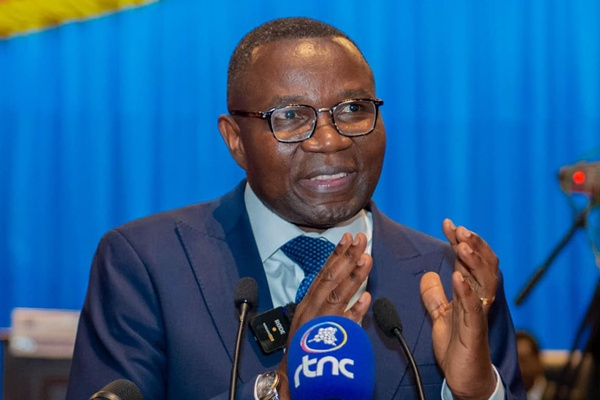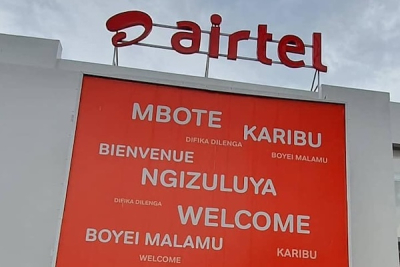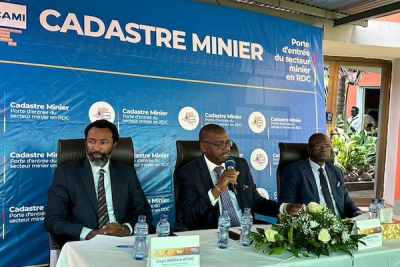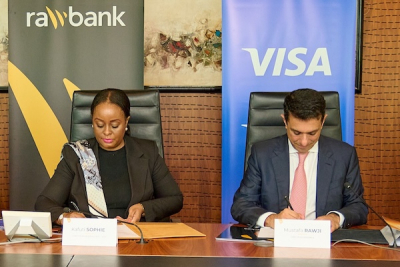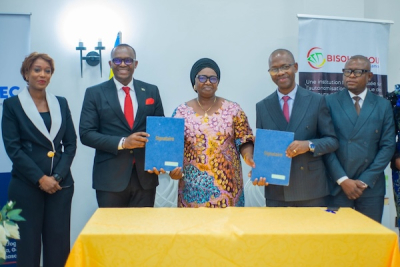During his May 14 hearing at the National Assembly, Congolese Foreign Trade Minister, Julien Paluku, said he referred the issue of customs fraud to the World Trade Organization (WTO) to seek sanctions against certain neighboring countries accused of violating WTO principles.
He specifically named Uganda, Rwanda, Angola, and Kenya, but did not provide details on the nature of the proceedings. These countries are accused of facilitating the splitting of goods destined for the Democratic Republic of Congo (DRC).
According to Paluku, this practice involves dividing shipments to bring them into the country indirectly, thereby bypassing customs duties. The Ministry estimates losses from this customs fraud at $3.9 billion for 2024, though the methodology for this figure was not disclosed.
Paluku argued that this practice undermines the competitiveness of compliant economic operators, whose products face unfair disadvantages compared to illegally introduced goods sold at lower prices.
To tackle the fraud, the Ministry plans to establish a one-stop border post at Kasumbalesa, Haut-Katanga province, on the border with Zambia. The facility will enable customs officers from both countries to operate jointly in the same office, streamlining customs clearance.
This should ease cross-border traffic, reduce long queues, and decongest the Kasumbalesa customs post. Paluku also proposed introducing a "special visa" for truck drivers to facilitate their access to destination countries and minimize delays caused by administrative procedures.
In October 2024, the Directorate General of Customs and Excise (DGDA) banned the entry of transshipped goods via the Kasindi-Lubiriha border post in North Kivu. This measure was intended to curb fraudulent practices and increase customs revenue in the towns of Beni and Butembo.
This article was initially published in French by Ronsard Luabeya (intern)
Edited in English by Ola Schad Akinocho






